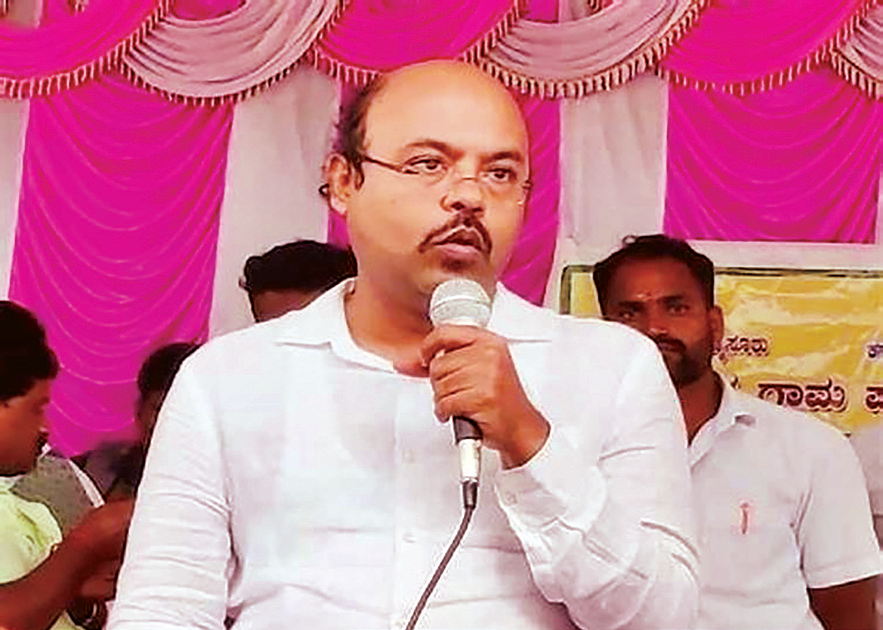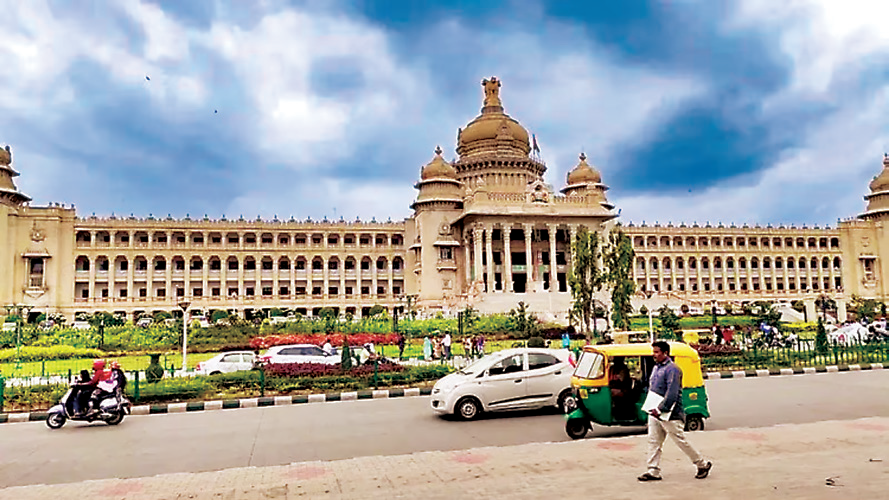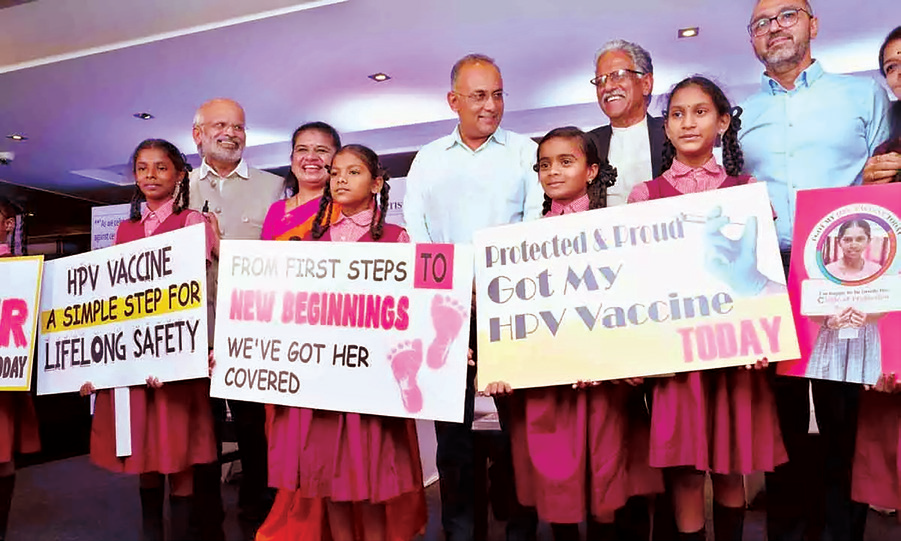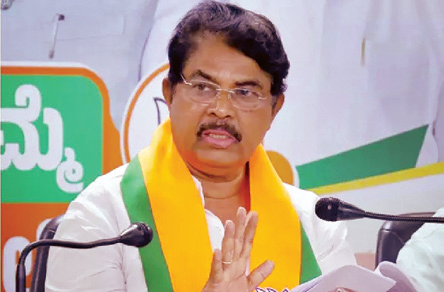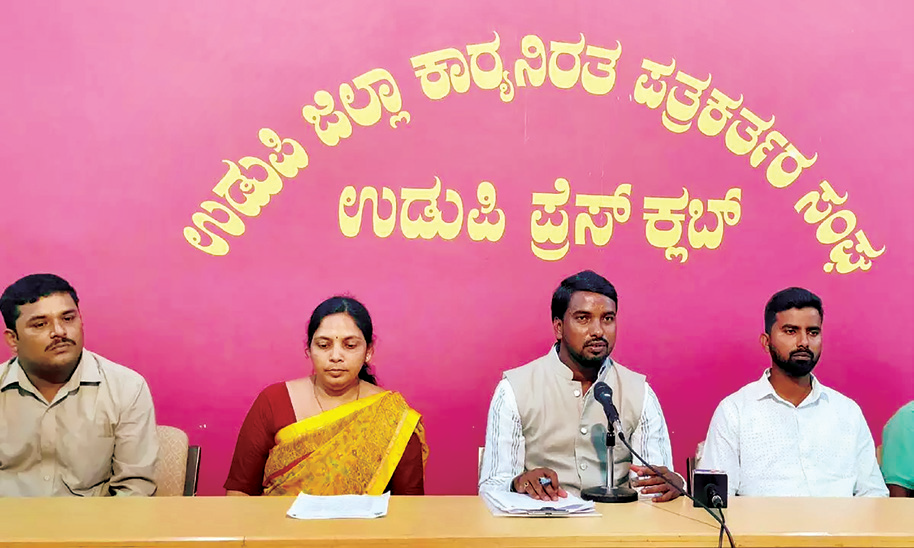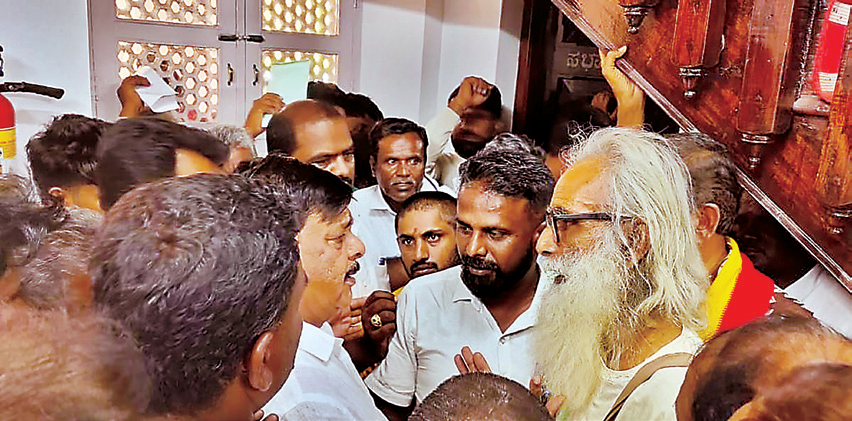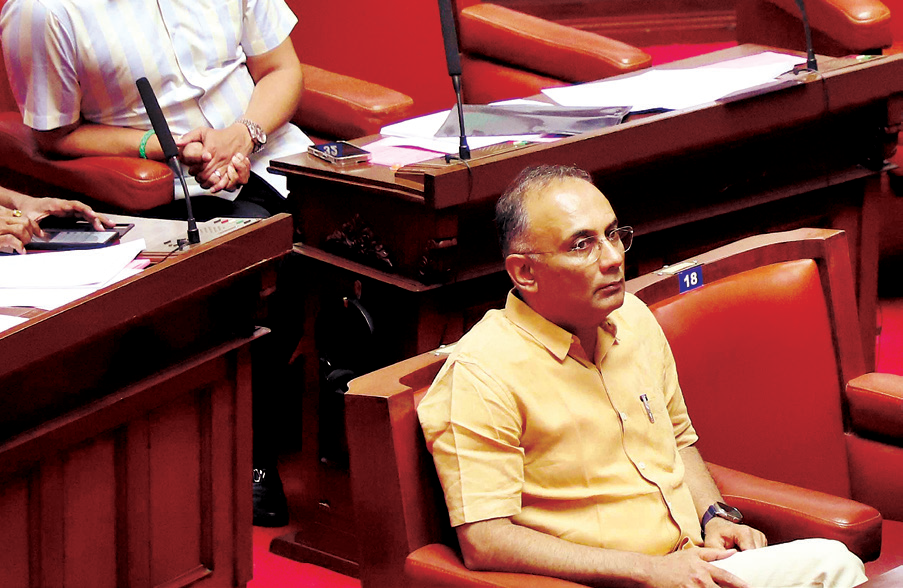
Steps taken to address medicine shortage: Karnataka Health Minister Dinesh Gundu Rao tells Assembly
NT Correspondent
Bengaluru: Karnataka Health Minister Dinesh Gundu Rao told the Assembly on Thursday that the department has taken several steps to address the shortage of medicines in the state, leading to significant improvements in their supply. Responding to a question from BJP MLA C N Ashwath Narayan during the Question Hour, the Minister stated that the list of approved drugs has been increased from 732 (including both essential and desirable drugs) to 1,032 based on demand, and these medicines are being procured through this year's tender.
He attributed the shortage of certain medicines to a lack of participation in tenders, explaining that since the value and quantity of these medicines are low, no suppliers have responded despite multiple tender invitations. "Out of the existing 732 approved drugs, 344 are available," he noted.
To resolve this issue, the government is simplifying tender conditions and the procurement process to encourage greater participation from suppliers. During emergencies, health institutions are permitted to procure the required quantity of medicines with approval from the appropriate authority under the National Free Drugs Service Initiative at the local level. Additionally, steps are being taken to procure 25 per cent more stock from the previous supplier through the Karnataka State Medical Supplies Corporation (KSMSCL). A proposal to purchase 23 essential medicines worth Rs 9.5 crore from Karnataka Antibiotics and Pharmaceuticals Limited (KAPL) through a 4G exemption is also under consideration.
The government has also taken stringent measures to curb the circulation of fake drugs in the state. Rao revealed that 10 cases were registered under the Drugs and Cosmetics Rules in 2023-24, and five cases in 2024-25, following operations against drug sellers. He further stated that 87 pharmacies have been suspended, and action has been taken to shut down three pharmacies. Highlighting concerns over poor-quality medicines, Rao said these substandard drugs originate from states such as Himachal Pradesh and Uttarakhand. Describing this as a national issue, he added that the state government has taken measures to curb the problem and has also written to the central government seeking intervention. Regarding regulatory oversight, Rao informed the Assembly that 112 drug inspector posts have been sanctioned under the Food Safety and Drug Administration Department, but only eight inspectors are currently in service, leaving 104 positions vacant.
 English daily published in Bengaluru & Doha
English daily published in Bengaluru & Doha

